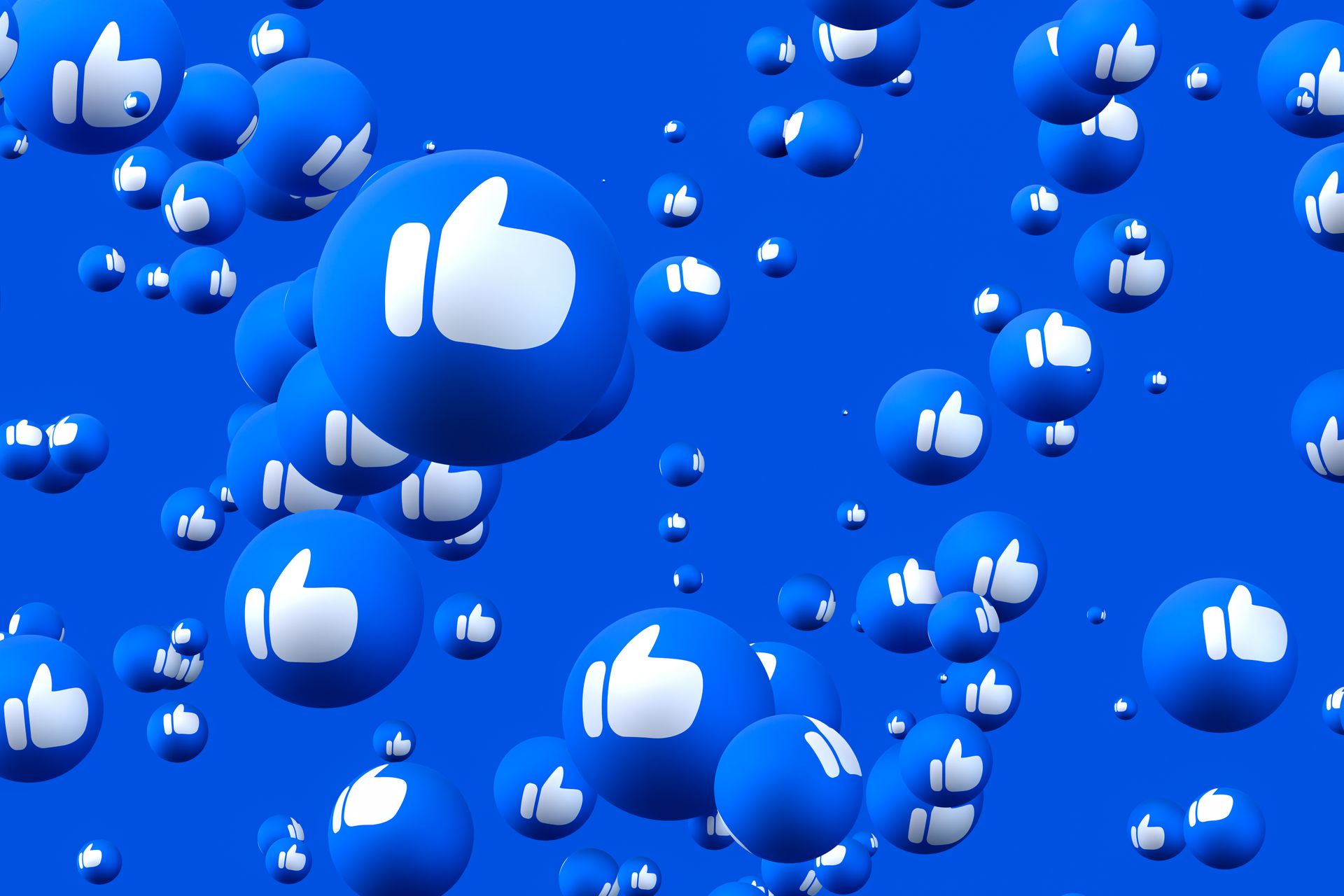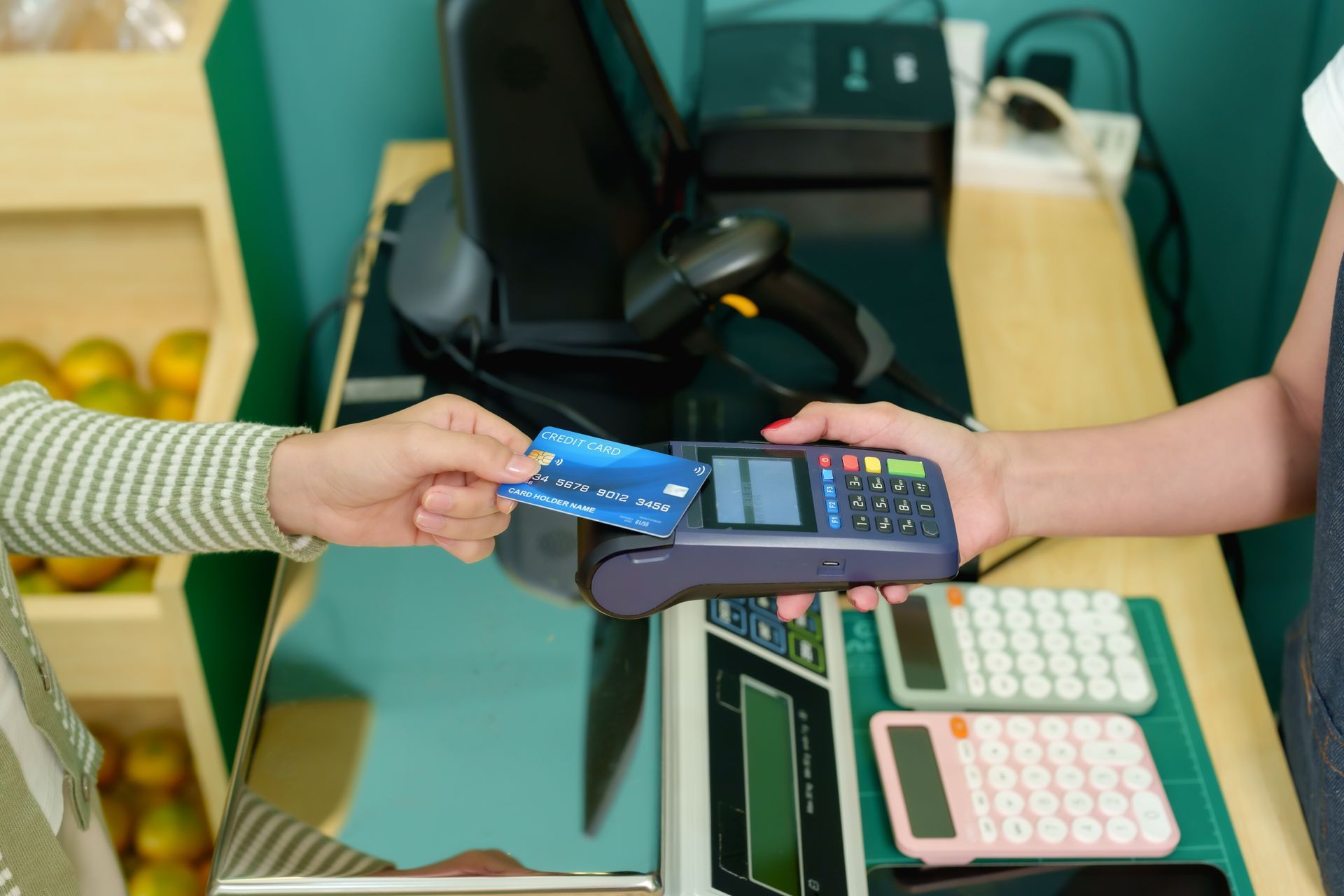Omnichannel Marketing: What It Is and How to Use It Effectively
Think about the last time you bought a product. Did a social media ad trigger your purchase? Did an email influence your decision? Did you simply enter a brick-and-mortar store and add the product to your shopping cart?
Regardless of how you made your last purchase, you probably encountered the product across multiple marketing channels. So how do brands connect with customers across different channels? That's where omnichannel marketing comes in.
But what is omnichannel marketing, exactly? Here, we'll explore what it is, how it differs from other types of marketing, and how to implement it for maximum impact.
What Is Omnichannel Marketing?
Omnichannel marketing creates a seamless brand experience across the customer journey, from first encounter to post-purchase follow-up. Using consumer data and analytics, it "follows" a customer and remembers what they've looked at, what they like, and how they've interacted.
An omnichannel approach considers all possible touchpoints. For example, a customer might shop online from a desktop or mobile device, through which they create an account or sign up for an email list. The next day, they might walk into the business's brick-and-mortar store and use a coupon they received via email.
Consider it a personal shopping experience for everyone, not just luxury consumers.
The Difference Between Omnichannel and Multichannel Marketing
Some marketers use the terms omnichannel and multichannel interchangeably. While both approaches implement multiple inbound and outbound marketing tactics, they aren't the same.
Omnichannel marketing focuses on the customer. On the other hand, multichannel marketing prioritizes the product or service.
For instance, let's say you want to offer a limited-time discount on one of your most popular products. With a multichannel marketing approach, you might offer your social media followers an exclusive discount with a link to your e-commerce store. Subsequently, they might purchase the product on your website.
In contrast, with an omnichannel approach, you might offer the same discount and then send personalized emails to followers on your email list based on their browsing behavior. These customers may then purchase the product using the coupon code they received via email.
Key Components of Omnichannel Marketing
Omnichannel marketing relies on several key components to provide a unified experience across channels.
Seamless Customer Experience
Omnichannel marketing offers customers a frictionless experience throughout the buyer journey, regardless of whether they interact with a brand in-store, online, or via a customer support representative.
Consistent Messaging and Branding
From the brand's voice and tone to its messaging and visuals, omnichannel marketing provides customers with a consistent experience across all channels.
Personalization and Data Integration
Omnichannel strategies consolidate data across different physical and digital channels. Brands that take an omnichannel approach can then use this unified data to tailor their interactions to consumer preferences.
Advanced Analytics and Customer Insights
Omnichannel marketing uses advanced analytics to gather invaluable insights about customers, such as their preferred channels and what products they're interested in.
Steps to Implement an Omnichannel Marketing Strategy
You can't implement an omnichannel strategy haphazardly. It requires a methodical approach.
Fortunately, you can easily build an effective omnichannel marketing strategy by following these steps:
- Understanding your customer data: Where do your customers shop? What are their interests? What are their challenges? Answering these questions can help you identify your ideal customer. Top marketing tools you can use to gather customer insights include customer relationship management (CRM) software, social listening tools, and web analytics tools. These tools can also come in handy when you're conducting a competitive analysis.
- Creating customer journey maps: Map your customers' potential journey, highlighting all the touchpoints they may encounter. Your map should include all the stages of the customer journey, from pre- to post-purchase. This visualization will help you identify potential pain points that customers may encounter when interacting with your brand.
- Engaging on preferred channels: Select suitable channels to reach your target audience. Ideally, choose the channels where your customers spend most of their time. Generally, an effective omnichannel strategy should integrate different types of digital marketing tactics. Conduct a channel performance evaluation to identify your most impactful channels.
- Crafting personalized messaging: Every customer is unique. There's no one-size-fits-all message that will resonate with every single customer. While some shoppers might want to receive emails about your latest offers, others might prefer to engage with your brand on social media. Provide customers with tailored messaging based on their behaviors and preferences.
- Utilizing AI and automation: Artificial intelligence and automation are no longer just nice-to-have tools. They're integral to effective marketing strategies, with nearly nine out of 10 marketers using AI to streamline their tasks. Integrate AI and automation into your workflow to simplify and expedite your marketing tasks. For instance, you can use AI to automatically send emails and SMS messages to customers who have opted in to receive your promotional messages.
Benefits of Omnichannel Marketing
Today, consumers are inundated with marketing messages from various brands, regardless of whether they're online or offline. From native advertising to billboard ads, people view numerous promotional messages daily.
So how can omnichannel marketing help you cut through the noise and make your brand stand out? Here's how adopting an omnichannel approach can differentiate your brand.
Enhanced Customer Engagement
Customers are more likely to engage with your brand if you use messaging that resonates with them across multiple touchpoints. Omnichannel marketing strategies encourage consumers to engage with your brand since they prioritize individual experiences over the product.
Improved Customer Loyalty
Picture this: You integrate your point-of-sale (POS) system with your online store, allowing customers to place orders online and pick them up in-store without waiting in a long line. This omnichannel strategy is sure to build customer loyalty and drive repeat purchases.
Increased Revenue Growth
Adopting an omnichannel approach allows you to interact with customers across multiple channels. These numerous interactions at various stages of the customer journey could potentially boost your revenue, as a study of 46,000 shoppers revealed that customers who engage with brands across multiple touchpoints spend 10% more online and 4% more in-store than single-channel shoppers.
As a result, omnichannel marketing can be a cost-effective marketing strategy if implemented correctly due to its higher return on investment.
Better Brand Consistency
Your customers expect a consistent experience across all of the channels and devices they use to interact with your brand. Adopting an omnichannel approach can enable you to meet their expectations.
For instance, when running an online omnichannel marketing campaign, you'll use a consistent voice, tone, and message across all of your social media ads, emails, and display ads. This can strengthen your brand's identity.
Optimized Customer Support
Customers don't like explaining issues to multiple customer support representatives. In fact, nearly nine out of 10 customers get frustrated when required to rehash their issues with multiple representatives.
With an omnichannel customer support approach, customers don't need to repeat themselves because all of your marketing channels are integrated. Whether your customers contact your support reps via social media, email, or phone, an omnichannel approach guarantees a frictionless customer support experience.
Challenges of Omnichannel Marketing
While omnichannel marketing offers many benefits, it isn't perfect. Some challenges you might encounter if you choose to adopt the approach include the following.
Data Integration Issues
Omnichannel marketing gathers data from various physical and digital channels and stores it separately. Consolidating data from different channels to create unified customer profiles can prove to be tedious at times and slow down your decision-making.
Technological Barriers
Technology integrations are critical to the implementation of a successful omnichannel marketing strategy. Without skilled IT personnel, implementing these integrations can be difficult. Furthermore, your employees may require specialized training to use your omnichannel marketing tools effectively.
Resource Allocation
Implementing an effective omnichannel strategy can be tough with a modest budget, as it may require a significant initial investment in talent and technology.
Do you face any of these challenges? Schedule your free consultation today to learn how our experts can help you overcome them.
Successful Omnichannel Marketing Examples
Want to implement an omnichannel marketing strategy? Here are some examples of brands that have done so successfully.
Starbucks
Starbucks has an impressive omnichannel marketing strategy integrating its mobile app, physical stores, and website. After they sign up for the Starbucks app, the coffee giant enrolls users into its rewards program, enabling them to earn points (Stars) for every purchase and redeem them for coffee, food, or merchandise at the company's brick-and-mortar locations.
And that's not all. The app also allows users to conveniently place orders online, pick them up in-store, and avoid long lines.
Disney
Disney means business when it describes its theme parks as the happiest places on earth. When visitors enter Disney's theme parks, all of the data they've provided online, such as the movies they enjoy, their food preferences, and the rides they want to take, is combined to deliver an unparalleled personalized experience.
AI and Automation in Omnichannel Marketing
The application of AI and automation in digital marketing is one of the top trends in digital marketing, and with good reason. Whether you want to create content, map customer journeys, or enhance your customer service, you can use AI and automation for various marketing tasks.
For instance, you can use AI chatbots across multiple channels to give customers real-time answers to simple queries and maintain consistent interactions across touchpoints. It's no wonder that 37% of businesses now use chatbots for customer support.
Enhance Your Digital Marketing With Optimize
Implementing an effective omnichannel marketing strategy offers many benefits. It can enhance your customer support, increase your customer engagement, and improve your brand loyalty. Best of all, it can grow your bottom line.
Want to experience these benefits for yourself? Contact us today to discover how we can help you integrate omnichannel marketing into your broader digital marketing strategy.



